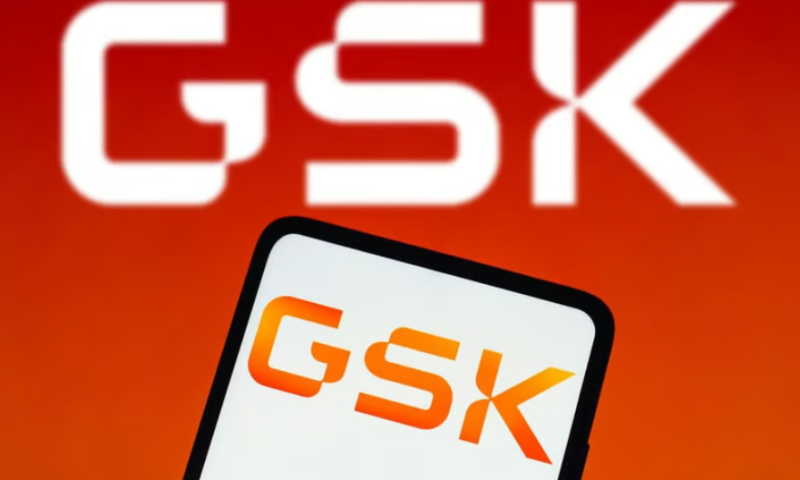GSK is stepping up its interest in T-cell engaging antibodies, handing WuXi Biologics $40 million upfront for an exclusive license to one preclinical bispecific and options on three additional candidates.
WuXi, a service provider, has used its platform technologies to generate antibodies that are designed to bind to CD3 on T cells and tumor-associated antigens (TAAs) expressed by cancers. By hitting multiple targets, the antibodies crosslink cancer cells and T cells and turn the immune system against the tumor.
GSK has identified WuXi’s program as a good fit for its oncology pipeline. Initially, GSK is picking up a bispecific against an undisclosed TAA but it could return to WuXi to grab up to three more bispecific and multi-specific molecules over the course of the agreement.
“This agreement with WuXi Biologics builds on our oncology portfolio of tumor cell targeting agents by providing GSK with access to potential best-in-class T-cell engaging antibodies that have been optimized for effective tumor killing with a desirable safety profile, offering the potential to address significant unmet medical need in patients with multiple tumor types,” John Lepore, M.D., head of research at GSK, said in a statement.
The value of the deal could escalate significantly if GSK takes up its option on the other candidates and brings them to market. If GSK hits all milestones across the four programs, which is unlikely given factors such as R&D failure rates, it will hand WuXi $1.46 billion in additional payments for research, development, regulatory and commercial successes.
GSK has inked its share of bispecific deals over the years, but the modality is yet to make a mark on its business. The biggest bet came in 2019, when GSK paid Merck KGaA 300 million euros ($319 million) upfront for rights to bintrafusp alfa, only to walk away around 30 months later after seeing lackluster clinical trial data on the bispecific fusion protein. GSK has also partnered with Zymeworks on bispecifics.
The WuXi candidates have a different mechanism of action from bintrafusp alfa and move GSK deeper into a space defined to date by Amgen, which won the first approval for a bispecific T-cell engager, Blincyto, and embarked on a broader development push that has suffered setbacks in recent years.

